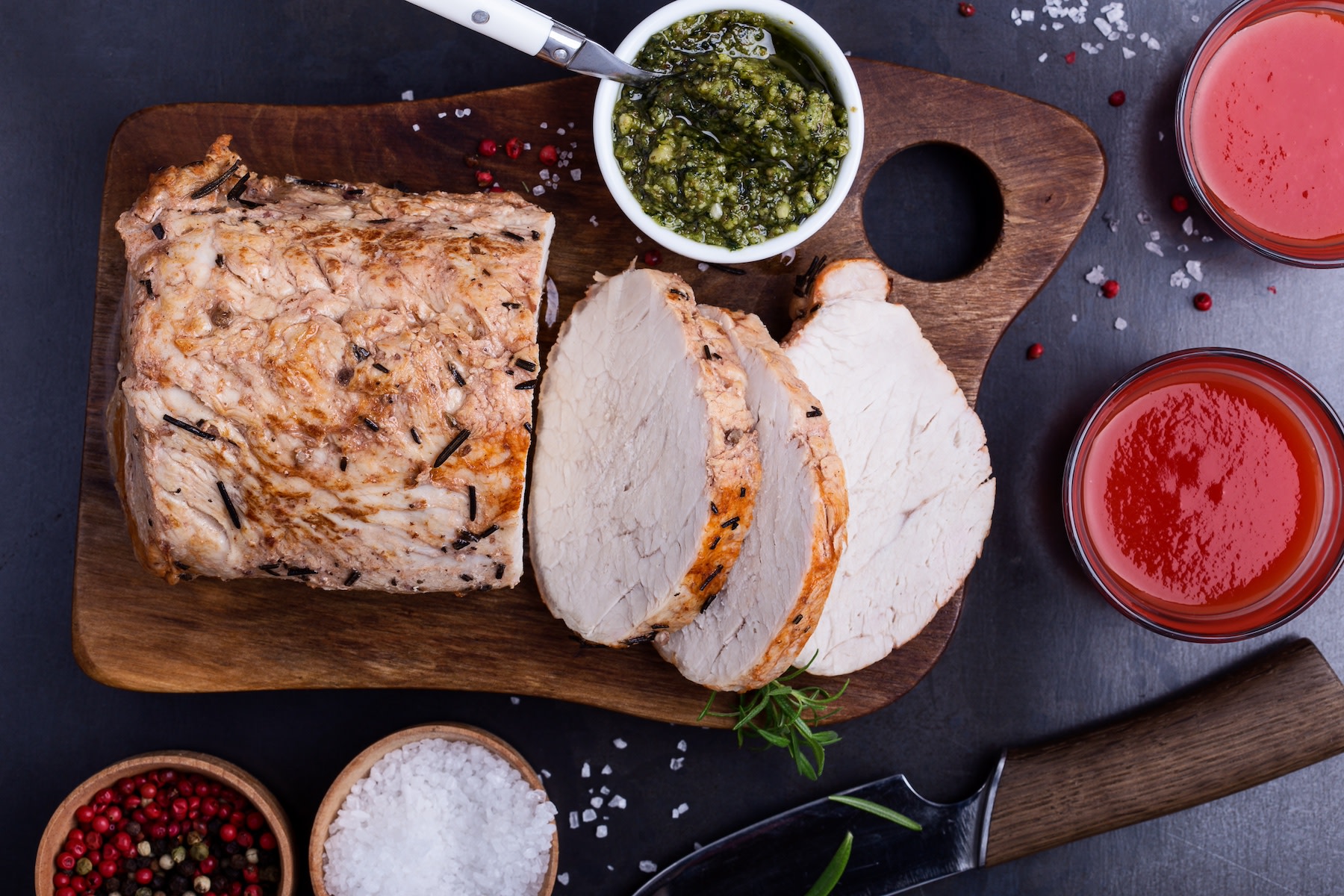Pulse of Information
Stay updated with the latest news and insights.
Lean and Mean: Fuel Your Fitness with Protein Rich Plates
Unlock your fitness potential with protein-packed plates! Discover delicious recipes that fuel your workouts and transform your body.
Maximize Your Gains: Top 10 Protein-Rich Foods for Every Meal
Eating a balanced diet rich in protein is essential for maximizing your gains, whether you're an athlete or just looking to maintain a healthy lifestyle. Including protein-rich foods in every meal can help with muscle repair, weight management, and overall health. Here are the top 10 protein-rich foods you should consider incorporating into your diet:
- Chicken Breast: A lean meat, chicken breast is an excellent source of protein, providing around 31 grams per 100 grams.
- Quinoa: This complete protein offers about 8 grams per cup, making it a fantastic plant-based option.
- Greek Yogurt: Packed with 10 grams of protein per 100 grams, Greek yogurt is perfect for breakfast or snacks.
- Tofu: A versatile protein source, tofu contains about 8 grams per 100 grams, ideal for vegetarians.
- Eggs: With about 6 grams of protein each, eggs are one of the most nutritious options available.
- Lentils: These legumes provide approximately 18 grams of protein per cooked cup, making them a hearty addition to any meal.
- Lean Beef: Packed with 26 grams per 100 grams, lean cuts of beef can boost your protein intake significantly.
- Fish: Varieties like salmon or tuna are rich in protein, offering around 20-25 grams per 100 grams.
- Chickpeas: With about 15 grams of protein per cooked cup, chickpeas are another fantastic plant-based source.
- Cottage Cheese: This dairy product has approximately 11 grams of protein per 100 grams, perfect for snacks or as a meal base.

The Science Behind Protein: How It Fuels Your Fitness Journey
Protein is an essential macronutrient that plays a vital role in fueling your fitness journey. It consists of amino acids, which are the building blocks of muscle tissue, and is crucial for recovery and growth after workouts. When you engage in physical activities, your muscles experience stress and micro-tears that need to be repaired. This is where protein comes into play, as it helps to rebuild and strengthen these muscles. Moreover, a diet rich in protein can enhance metabolism and support weight management by promoting a feeling of fullness, thereby reducing snacking and overeating.
Incorporating an adequate amount of protein into your diet can lead to improved workout performance and enhanced recovery times. Depending on your fitness goals, the recommended daily intake can vary; however, a common guideline suggests consuming 1.2 to 2.2 grams of protein per kilogram of body weight, especially for those engaging in strength training. Sources of high-quality protein include lean meats, fish, eggs, dairy products, legumes, and nuts. Understanding the science behind protein not only helps in optimizing your nutrition but also empowers you to take full control of your fitness journey.
Are You Getting Enough Protein? Signs You Need to Boost Your Intake
Protein is an essential macronutrient that plays a crucial role in building and repairing tissues, producing enzymes and hormones, and maintaining overall health. If you often find yourself feeling fatigued, experiencing muscle weakness, or struggling to recover from workouts, it might be a sign that you're not getting enough protein in your diet. Signs you need to boost your protein intake can include persistent cravings, difficulty concentrating, and slower wound healing. Monitoring your protein consumption can help ensure your body is functioning optimally.
To help you assess if you're meeting your protein needs, consider the following signs:
- Increased appetite: Frequent hunger pangs may indicate insufficient protein.
- Muscle loss: Noticeable changes in muscle tone can suggest a lack of adequate protein intake.
- Weakened immunity: Regular illnesses may point to decreased immune function due to low protein levels.
- Slow recovery: Prolonged muscle soreness after workouts can signal inadequate protein for recovery.